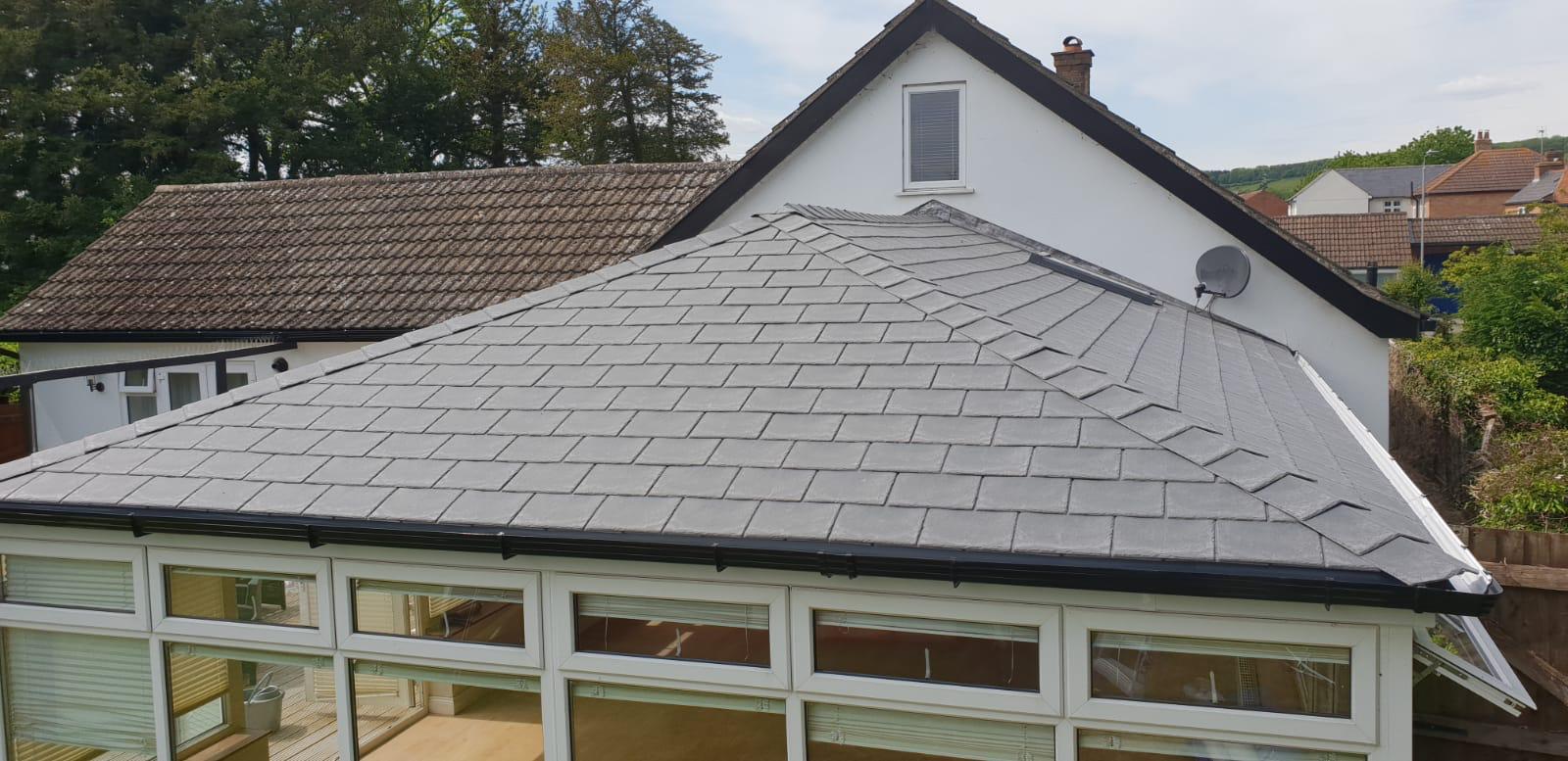
The lifespan of a roof depends largely on the materials used and how well it has been maintained. Common roofing materials in the UK include slate, tiles, and asphalt, each of which has a different lifespan. For instance, slate roofs can last up to 100 years if properly maintained, while tiles generally last between 25 and 50 years. Asphalt roofs have a lifespan between 20 and 30 years. As a roof ages, it becomes more susceptible to damage from the elements. Cracked or broken tiles, loose slates, and worn-out flashing can allow water to infiltrate the home, leading to leaks and water damage. Roof replacement is necessary when repairs are no longer sufficient to avoid further structural damage and future deterioration.
Leaks are one of the clearest signs that your roof is in need of replacement. If you notice water stains on your ceiling or walls, or if water drips during heavy rainfall, this is often a clear indicator that the roof is compromised. Unresolved leaks may cause serious structural problems, such as damage to your interior, wooden beams, or insulation. If the leak persists, or the damage has spread, you may need to completely replace your roof. A roof that has lost or damaged tiles and slates is another sign. These can be damaged or loosen over time due to exposure to the weather. Replacing them will help stop leaks and prevent further damage.
The cost of a Typical roof replacement prices in the UK varies depending on several factors including the size of the roof, the materials chosen, and the complexity of the job. On average, homeowners can expect to pay between 5,000 and 12,000 for a standard three-bedroom house, although costs can be higher for larger or more complex properties. The cost of labour is a major part of the project, which makes it important to hire a reliable contractor with experience. Ask for written estimates, read reviews and ensure the contractor is certified and insured by an accredited trade association. In some cases, local councils or government schemes may offer financial assistance or incentives for roof replacements that improve energy efficiency. Although the investment can seem steep, a new roof can add substantial value to your home and provide peace of mind for years to come. To acquire extra information please head to www.roofadvisor.co.uk/how-much-does-a-roof-replacement-cost-in-the-uk/

Timing is an important consideration when planning a roof replacement in the UK. The best time for such a project is during the spring or early autumn, when weather conditions are generally more predictable. Project delays and complications can be caused by cold winters or wet summers, particularly if you leave the roof exposed too long. Homeowners should also consider how long the work will take; typically, a full roof replacement takes between one and two weeks, depending on the size and complexity of the property. During this time, scaffolding will be erected, and the property may be noisier than usual. Planning ahead by informing neighbours and preparing for minor disruptions can make the experience smoother. A well-organised roofing team will work efficiently to complete the job while ensuring safety and cleanliness throughout the process.
Roof replacement is a major investment. However, you should view it as a long-term investment to ensure the safety and value your home. Roofs that are well constructed protect the house from damage caused by weather, increase energy efficiency and improve curb appeal. Roof replacement costs in the UK vary widely depending on factors such as the size of your property, roofing material and installation complexity. The average cost of a roof replacement is between PS3,000 and PS7,000. While the initial cost may seem high, it's crucial to consider the long-term benefits of replacing an old, damaged roof. Most contractors offer financing, which makes it easy to spread the costs of the project.